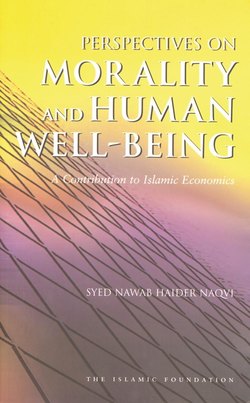Описание книги
The author was educated at Yale, Princeton and Harvard, and has held many positions of responsibility in Pakistani institutions and organisations.This work is primarily interested in the ethical foundations of Islamic economics, and in this regard it is quite unique. The author is familiar and comfortable with the key Islamic sources, the Qur'an and the traditions of the Prophet Muhammad, unlike many individuals in the field today.Each chapter is organised for ease of reference, a notable point for undergraduates studying the book.The work focuses on three main areas:– Firstly, the book delves, diligently and objectively, into the philosophic premises of contemporary economics and has come up with an honest appraisal of their positive and negative dimensions.– Secondly, the book focuses on the sources of morality, both secular and religious, and powerfully demonstrates that the three major religious traditions: Judaism, Christianity and Islam, particularly the Islamic one, provides an appropriate framework for both private morality and public policy.– Thirdly, this work represents a worthwhile shift from simple theoretical discussions and paves the way to evaluating the worth of specific policies on the basis of empirical information.Islamic Financial is a massive industry. It currently equates to a two trillion dollar industry.
